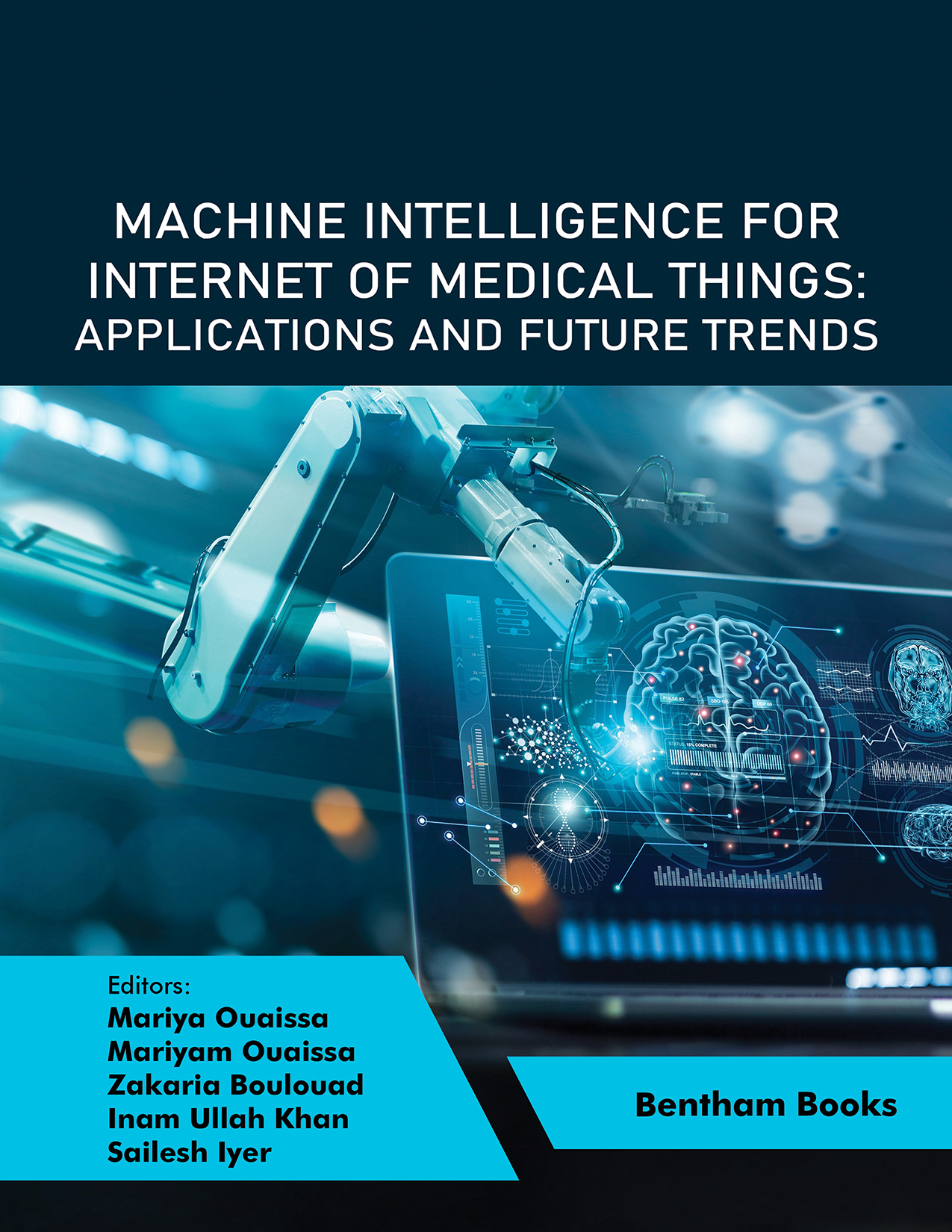Introduction
This book presents use-cases of IoT, AI and Machine Learning (ML) for healthcare delivery and medical devices. It compiles 15 topics that discuss the applications, opportunities, and future trends of machine intelligence in the medical domain. The objective of the book is to demonstrate how these technologies can be used to keep patients safe and healthy and, at the same time, to empower physicians to deliver superior care.
Readers will be familiarized with core principles, algorithms, protocols, emerging trends, security problems, and the latest concepts in e-healthcare services. It also includes a quick overview of deep feed forward networks, regularization, optimization algorithms, convolutional networks, sequence modeling, practical methodology, and how they can be used to provide better solutions to healthcare related issues. The book is a timely update for basic and advanced readers in medicine, biomedical engineering, and computer science.
Key topics covered in the book:
- An introduction to the concept of the Internet of Medical Things (IoMT).
- Cloud-edge based IoMT architecture and performance optimization in the context of Medical Big Data.
- A comprehensive survey on different IoMT interference mitigation techniques for Wireless Body Area Networks (WBANs).
- Artificial Intelligence and the Internet of Medical Things.
- A review of new machine learning and AI solutions in different medical areas.
- A Deep Learning based solution to optimize obstacle recognition for visually impaired patients.
- Deep Learning for brain tumor detection.
- Blockchain and patient data management.
Audience:
Readers in medicine, biomedical engineering, and computer science.

